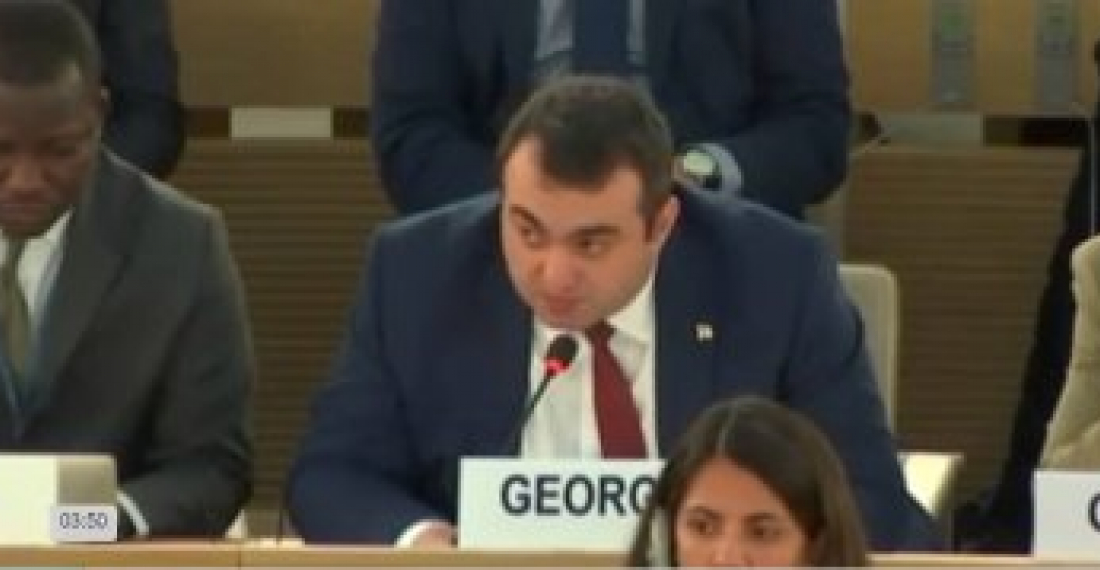The United Nations Human Rights Council has adopted a resolution strongly calling "for immediate and unimpeded access to be given to the Office of the High Commissioner and international and regional human rights mechanisms" to Abkhazia and South Ossetia.
The resolution further requested the UN High Commissioner on Human Rights to present to the Human Rights Council oral and written updates on follow-up and developments relating to, and the implementation, of the resolution.
Addressing the Council meeting in Geneva, ahead of the vote on Friday (22 March), Georgia's Deputy Foreign Minister, Lasha Darsalia, highlighted the urgent need for access to Abklhazia and South Ossetia by representatives of the High Commissioner for Human rights and other regional human rights mechanisms. Darsalia said that the recent death of Irakli Kvaratskhelia whilst in detention in Abkhazia highlighted the urgency of the matter. The Deputy Foreign Minister of Georgia cited reports from the representatives of the UN Human Rights Commissioner which note discriminatory patterns in Abkhazia and South Ossetia based on ethnic grounds.
source: commonspace.eu
phto: Georgian Deputy Foreign Minister Lasha Darsalia addressing the UN Human Rights Council in Geneva on 22 March 2019. (Screen grab from UN TV)







